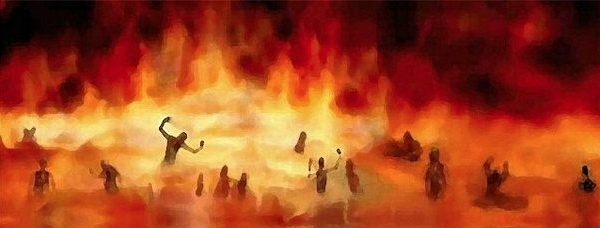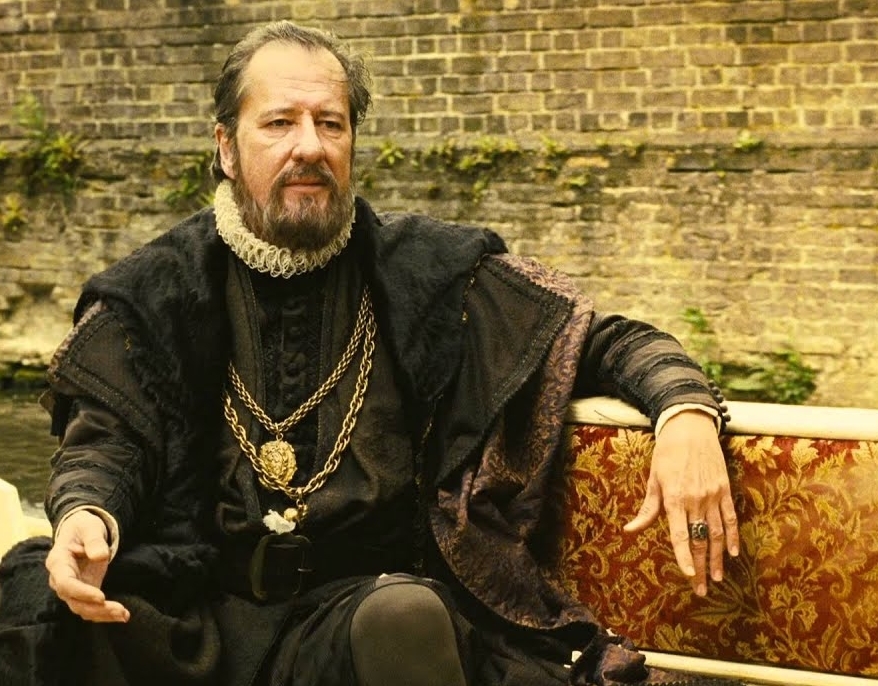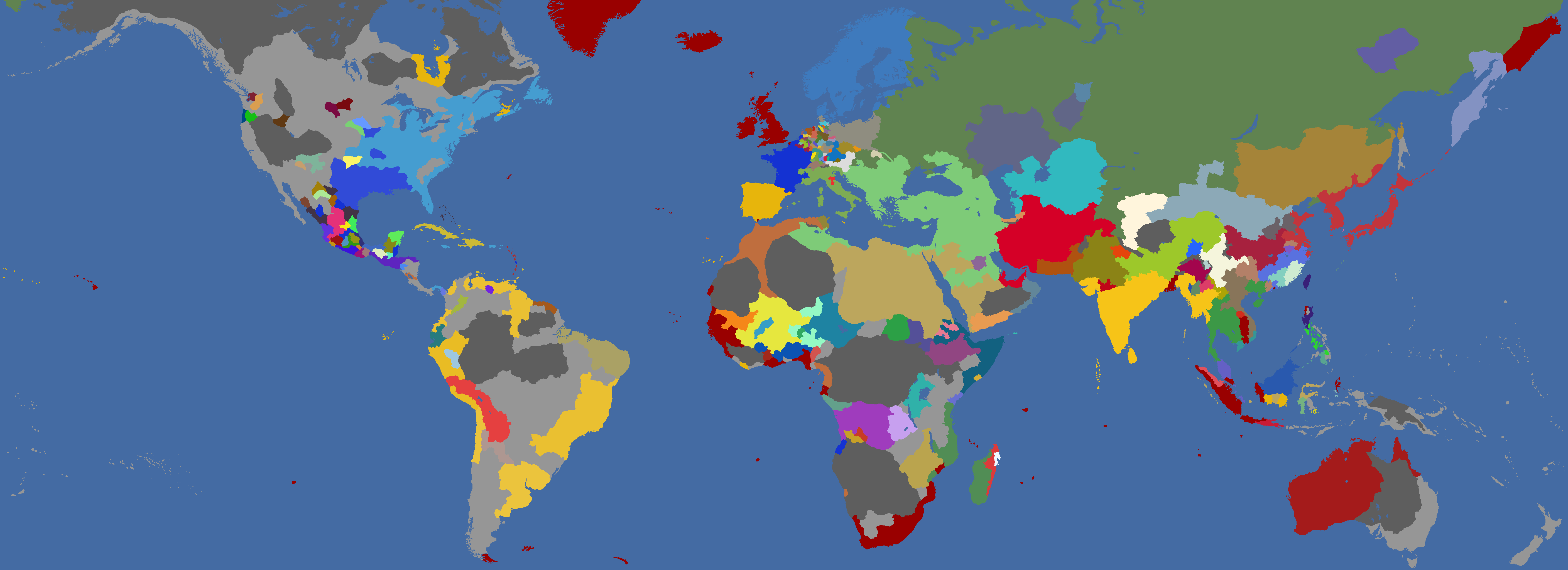THE STATE OF THE WORLD
1593
THE GREAT POWERS
S+ Tier
Ottomans
Boasting the largest army in the world, the Ottoman Empire's forces are matched only by its fierce rival - Russia. With a majority of its expansion routes now cut off, it will be forced into conflict with its more powerful neighbors, inviting the conflict the Ottomans have dedicated so much toward avoiding.
Russia
Second only to the Ottomans, Russia enjoys a vast manpower pool and an extraordinary standing army. Relatively unopposed in taking Poland-Lithuania and expanding its borders into Siberia, it now finds itself wishing for more power than before.
S Tier
Great Britain
With an empire on which the sun never sets, the British Empire is truly the hegemon of the seas, wresting control of them with a navy ten times the size of any other comparable force. Trading its sword for coin, Britain will pay top dollar to avoid any unwanted conflicts and further its operations in both America and East Asia.
A Tier
Spain
Despite being diplomatically isolated, the Spanish Empire is nothing to scoff at- still reeling from its defeat at the hands of France and Italy, it now seeks for revenge. With its vast colonial empire behind it, Spain can cause considerable damage to any who stand against her.
Italy
Proving itself on the world stage in its war against Spain, Italy is truly the economic center of Europe- bringing in trade from both the merchants of Genoa and Venice, the newly created nation state seeks to further its influence in the region and complete its unification of Italy.
B Tier
France
Recovering from its harsh history, France now finds herself in a prime position to help cast their power across Europe - with the right diplomacy, it has carved itself an impressive kingdom despite its setbacks.
Prussia
With the most powerful military in the world, Prussia's size is irrelevant - punching far above its weight, it was able to take on the forces of both France and Italy to a stalemate. Now growing its power base in the Holy Roman Empire, the Prussian Emperor can cast his shadow across the entirety of Europe.
C Tier
Sweden
Resolving its conflicts primarily through diplomacy up to this point, Sweden now finds itself in an interesting position - it is surrounded on all sides by great powers, and has decided to align itself with the eastern powers. With an impressive military for its size, Sweden stands to continue to grow its the Baltic.
Japan
Relatively isolation, the Japanese state has now been unified under the shogun, and prepares itself to grow drastically. Forming an alliance with Russia, Japan can now easily carve up the former Ming Empire in its collapsed state.
Mamluks
Largely an Ottoman puppet state, the Mamluks have been assembled into a loyal ally for the Ottoman Sultan. Maintaining some independence, the Mamluks have not done much in the way of expansion since losing the Levant to the Turks, but stand to spread down the African coastline to establish a renewed power base in the region.
D Tier
Tunis
The former Genoese state succumbed to Islam, forcing it to convert and assume the identity of the previous Tunisian state. Being kicked out of Europe by the now-unified Italy, Tunis has aligned itself with the Ottomans, rendering it as a buffer state between the Turks and Europeans in Iberia.
Thirteen Colonies
Still a subject to the United Kingdom, the Thirteen Colonies has been propped up by its colonial overlord, however to much dismay. While there is still loyalty to the crown, the people grow tired of being subject to the British.









:no_upscale()/cdn.vox-cdn.com/uploads/chorus_asset/file/19343912/Screen_Shot_2019_11_01_at_2.41.28_PM.png)











